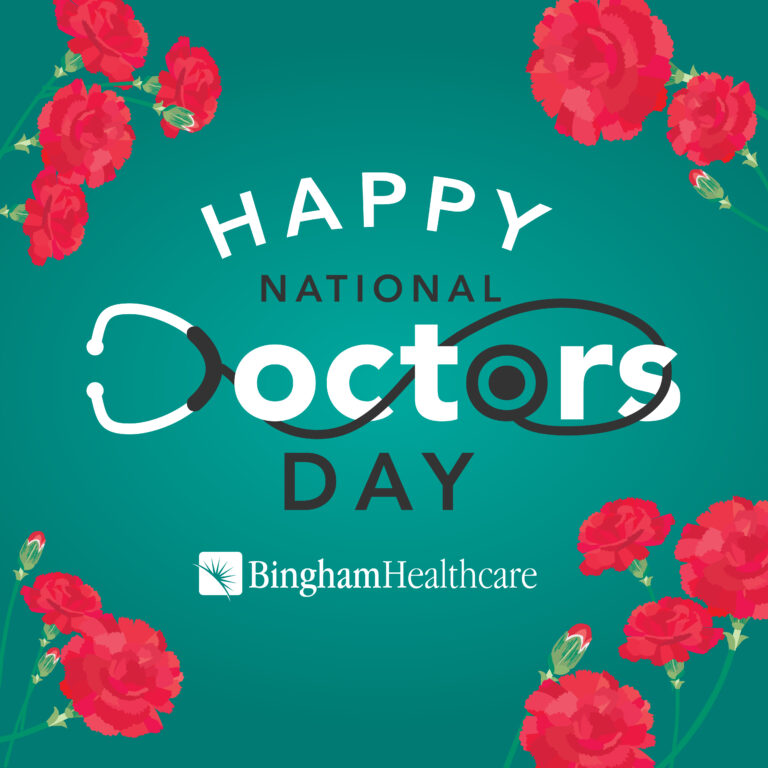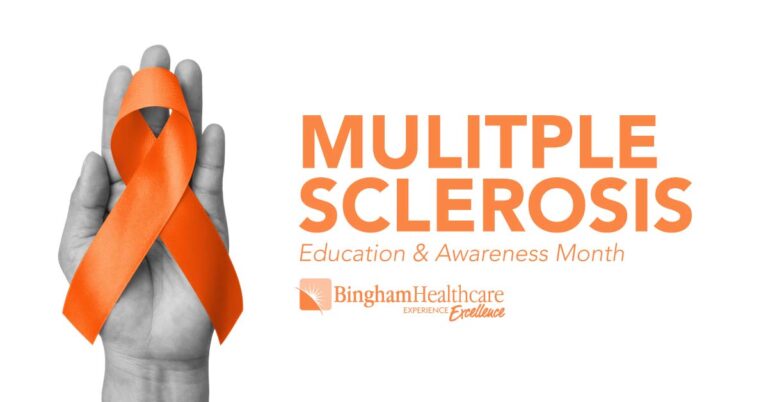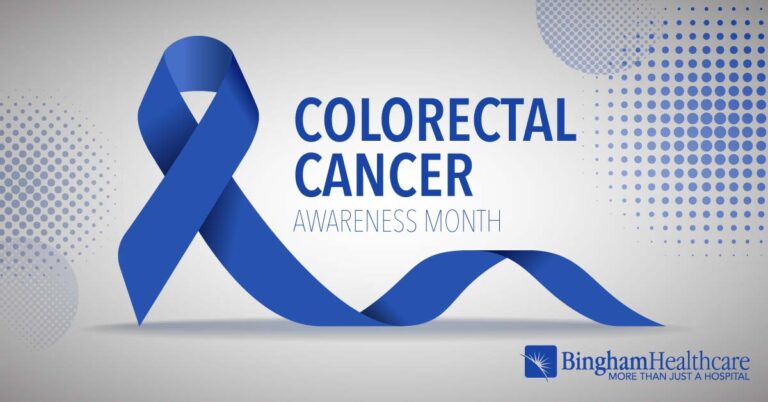
Lack of Sexual Desire
Many, if not all, women will experience low—or perhaps a total lack of—sexual desire at some point in their lives. A recent study of nearly 600 women, ranging in age from 18 to 95, identified low desire as the most frequent sexual complaint amongst the participants. In addition, in the field of sex and couples therapy, issues regarding desire are two of the most commonly discussed.
“Low or lack of desire is considered a normal part of a woman’s sexual experience throughout their lives,” says Suzanne Godfrey, LCPC, NCC, board-certified counselor at Bingham Memorial Hospital. “However, many women with low or lack of desire do not feel ‘normal.’ Instead, they often experience distress and discord in their romantic relationships.”
Because many women may want help, but feel too ashamed or fearful to seek treatment, Suzanne provides some useful information to guide women in a direction that can change their lives.
Key factors that affect desire
Admittedly, successful treatment of low or lack of desire can be difficult because of varying factors, but it is possible. The wide range of causal factors—biological, psychological, and social—rarely occur by themselves. The following are just a few examples of factors that can affect desire:
- Hormonal imbalances
- Sexual pain
- Anorgasmia (difficulty reaching orgasm)
- Depression and anxiety
- Family-of-origin and cultural influences
- History of trauma or abuse
- General life stress
- Having a negative body image
“A woman suffering from low or lack of desire could be experiencing multiple issues at the same time, such as perimenopause and a related hormonal imbalance, intrusive memories of past sexual abuse, depression, and/or resentment toward her partner,” Suzanne says.
Desire problems can be resolved
The key to resolving a desire issue is to seek help. You may want to start the process by meeting with your primary care provider or by making an appointment with a counselor. However, if you are unsure what type of provider from whom to seek initial treatment, you may first want to perform a self-assessment.
“The self-assessment should help you determine if your problem, in general, is lifelong, global, or situational, and if it is secondary to biological issues and/or psychological or social issues or, perhaps, a combination of both,” Suzanne says.
Step one – biological
The first step of self-assessment is to ask questions such as:
- Have I had or do I currently have sexual thoughts or sexual dreams?
- Have I had or do I currently have an interest in sex and being physically aroused?
If you answer no to the above questions, you may be experiencing a lifelong, global problem with desire. Conversely, if you answered yes, you may be experiencing a situational or more recent problem.
Step two – physical
The second step in the self-assessment process is to ask questions about your physical self. For instance:
- Am I taking any medications that may dampen desire?
- Do I suffer from illness and related fatigue or pain?
These are important questions to ask yourself because many commonly prescribed medications can affect hormones and the limbic system, also known as the “sex center,” of the brain. Additionally, physical illness—even those seemingly not related to sexual organs or primary sex hormones—can disrupt or shut down desire.
Step three – mental health
The third step is to ask questions about your mental health and your social or relationship status. These questions might include:
- Do I feel so overwhelmed, stressed, sad, angry, preoccupied, or withdrawn that I am not functioning as well as I believe I should?
- Am I happy in my relationship and am I attracted to my partner?
These two questions are certainly not sufficient to diagnose a mental illness or to determine if your relationship is contributing to your libido issues. However, the answers to the above questions may provide clues to the factors underlying your low or lack of desire.
See a primary care doctor or counselor?
If, after thinking about the results of your self-assessment, you believe your desire issue is primarily of a biological nature, you may want to start the treatment process by first meeting with your primary care doctor. Alternatively, if your general results point more towards psychological or social concerns, your initial step may be to meet with a counselor who is experienced in treating helping individuals or couples overcome desire issues.
Regardless of whom you see first, for the best results and success, it is highly recommended that you meet with both a medical and mental health provider. This will help to ensure that you receive a treatment-team approach and that all factors will be assessed and treated properly.
Not Sure Where to Begin?
Suzanne Godfrey, LCPC, NCC, board-certified counselor, has a background in psychology and marital, couple, and family counseling. She has helped clients of all ages struggling with a range of issues, including: familial and marital discord; grief and loss; substance abuse; sexual dysfunction; serious and persistent mental illness; sexual and domestic abuse; codependency; anger management; personality disorders; and, acute and posttraumatic stress disorders.
She sees patients in Idaho Falls, Blackfoot, and Pocatello, and is always welcoming new patients. To schedule a consultation with her to determine your best course of action, please call: (208) 785-3800.
Source:
Elsamra, S., Nazmy, M., Shin, D., Fisch, H., Sawczuk, I. and Fromer, D. (2010), Female sexual dysfunction in urological patients: findings from a major metropolitan area in the USA. BJU International, 106: 524–526. doi:10.1111/j.1464-410X.2009.09091.x
Return to Articles


